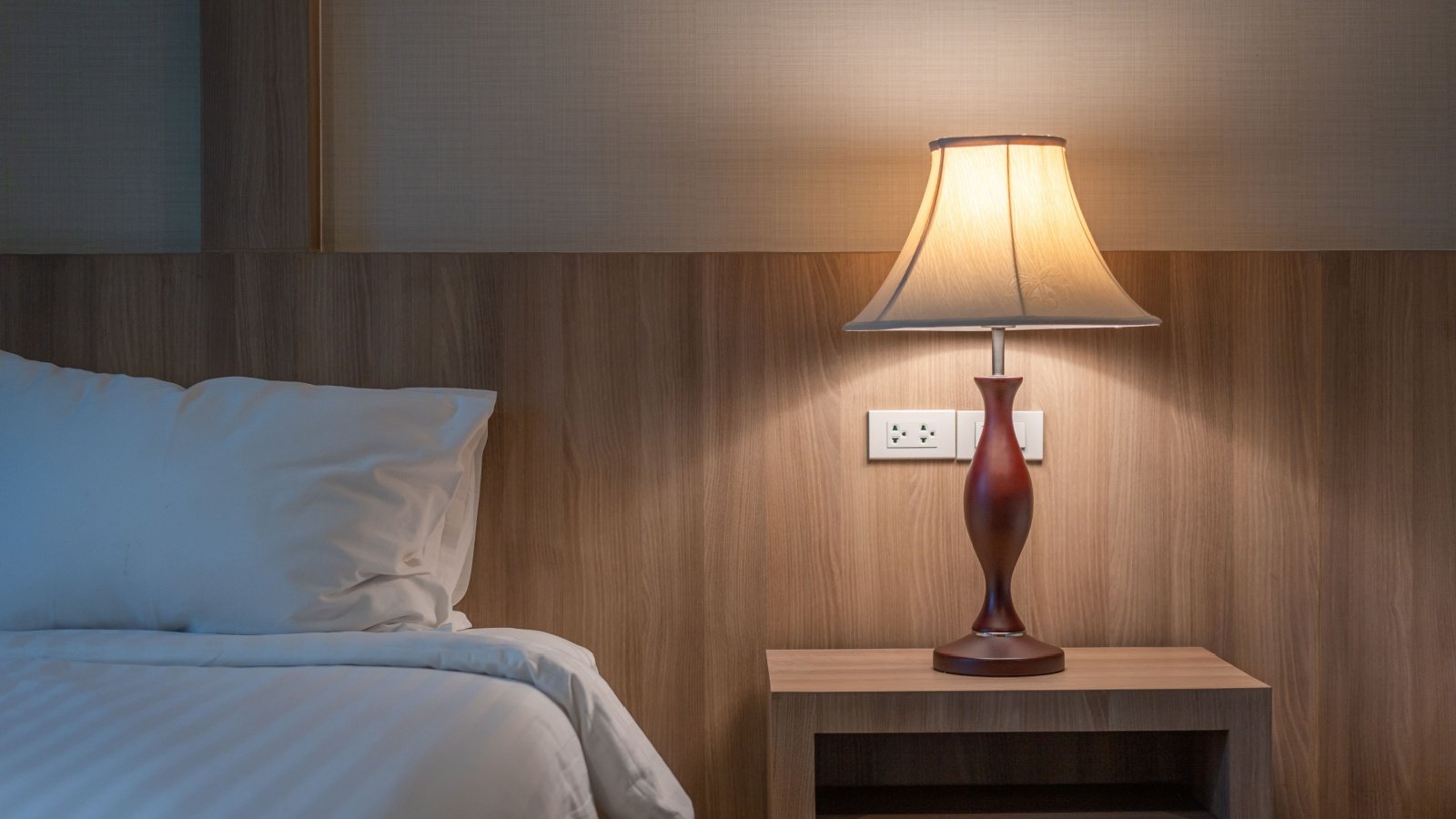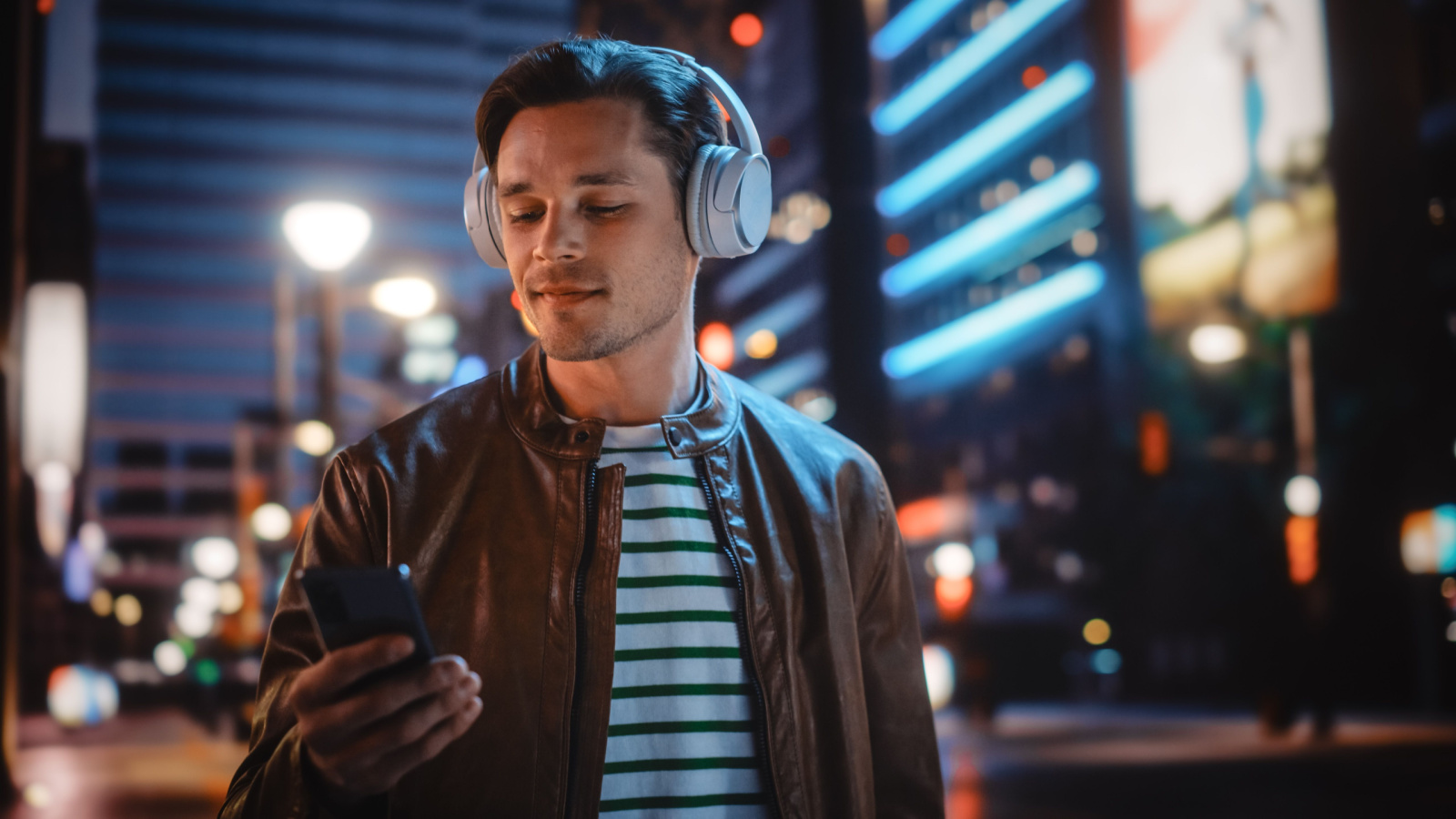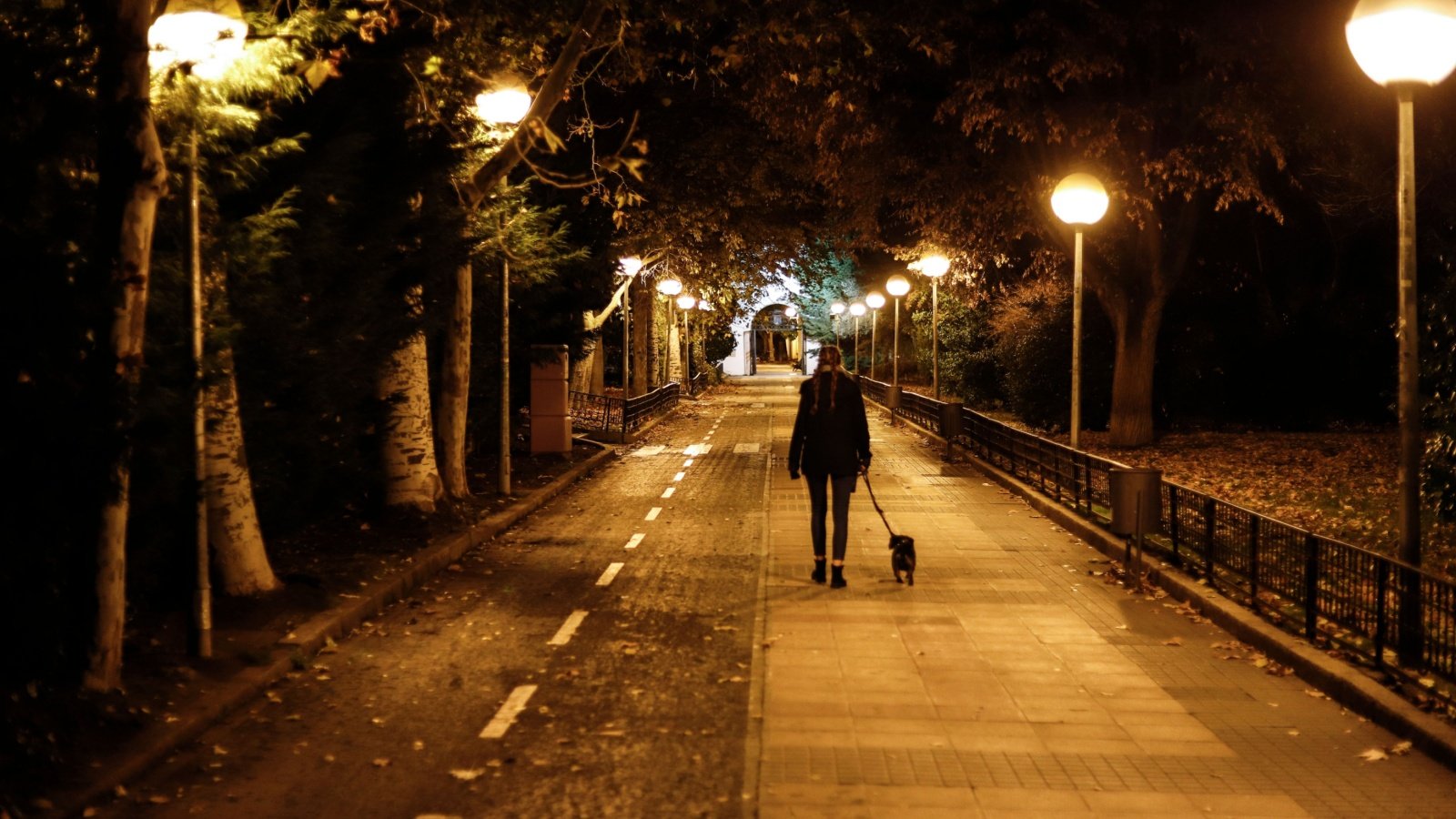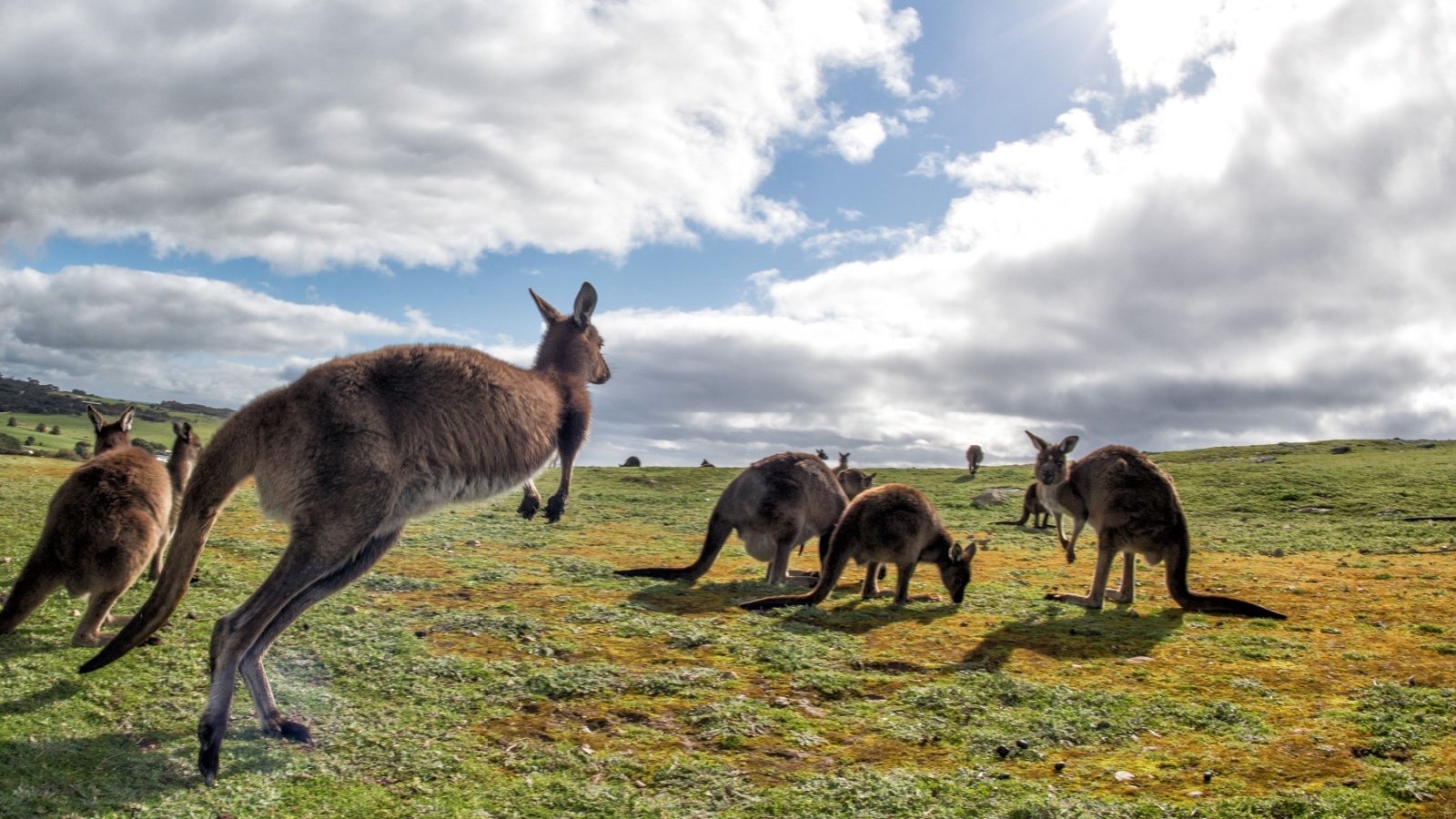Australia, known for its culture and diverse ecosystems, also boasts some of the most strange laws that can leave visitors, particularly Americans, confused.
Bans on touching pigeons and prohibitions against pink pants on Sunday afternoons are just a couple of examples of such regulations that are as unique as their wildlife population.
These laws come from various environmental and social concerns, reflecting a side of Australia that many tourists don’t consider.
Understanding these rules can provide a deeper insight into the Australian way of life and the values that shape this vibrant society.
No Touching Pigeons

In Venice Beach, it’s illegal to touch pigeons, as they’re considered a protected species. This law aims to prevent the spread of disease and disturbance to the birds. Tourists are often surprised and amused by this specific prohibition, which is strictly enforced by local authorities.
No Vacuuming at Night

In Melbourne, you are prohibited from vacuuming your house between 10 PM and 7 AM on weekdays and 10 PM to 9 AM on weekends. This noise regulation is intended to prevent disturbances in residential areas. Many Americans find this law particularly odd, considering the personal freedom typically associated with home maintenance schedules.
No Forgetting Wife’s Birthday

In Samoa, it’s a legal requirement for husbands to remember their wife’s birthday. This unique law was created to encourage attentiveness in relationships. Failing to comply can result in a husband being fined, making it a seriously enforced rule that often baffles outsiders.
No Pink Pants on Sunday Afternoon

In Victoria, men are not allowed to wear hot pink pants after midday on Sundays. This unusual fashion law dates back to the 19th century and is largely unenforced today, but it remains on the books, much to the amusement of visitors.
No Changing Light Bulb Unless Certified

In Victoria, only licensed electricians are allowed to change light bulbs. If you change a light bulb without a license, you could technically be fined. This law is designed to prevent electrical accidents, though it’s rarely enforced and widely regarded as over-regulation.
Must Swim Between Flags

On Australian beaches, swimmers must stay between the red and yellow flags, which indicate the area is being watched by lifeguards. Stepping outside these zones can result in fines, as it is considered unsafe. This rule aims to reduce drowning incidents and is strictly enforced, often catching tourists by surprise.
Illegal to Leave Keys in an Unattended Vehicle

In South Australia, it is illegal to leave your car keys in an unattended vehicle. This law is intended to reduce car theft, which is a significant problem in some areas. For Americans used to remote car starters in cold climates, this law can seem particularly strange.
No Singing Offensive Songs in Public

In Queensland, singing or reciting an offensive song in public can lead to charges of public nuisance. What constitutes ‘offensive’ can be subjective, leading to a variety of interpretations by law enforcement. This law aims to maintain public decorum but can be surprising to those used to more liberal expressions of free speech.
Alcohol-Free Zones

In certain areas of Australia, consuming alcohol in public is strictly prohibited and can result in hefty fines. These zones are clearly marked and are primarily in place to curb public disturbances. Many visitors from the U.S., where public drinking laws vary widely by state, find this restriction unusual.
No Wearing Black Clothes at Night

In Melbourne, there’s a lesser-known law that prohibits wearing all black clothing at night. This rule was originally intended to prevent pedestrians from being hit by cars due to poor visibility. While rarely enforced, it remains a peculiar and little-known regulation.
No Possessing More Than 50kg of Potatoes

In Western Australia, it’s illegal to possess more than 50 kilograms of potatoes unless authorized by the Potato Corporation. This law was designed to regulate potato sales and prevent market manipulation. Visitors find this law particularly bizarre, highlighting the regulatory extremes that can occur.
Mandatory Bicycle Helmets

Australia enforces a strict helmet law for all bicycle riders, a rule that extends to skateboards and scooters in some regions. This contrasts with many places in the U.S., where helmet laws are more relaxed and often apply only to minors. The intent is to reduce head injuries, though it’s sometimes seen as an infringement on personal freedom.
No Gambling in Public Libraries

In New South Wales, it is illegal to gamble in a public library. The law is designed to maintain a quiet and serious atmosphere conducive to reading and studying. This rule, while logical to some, is amusing to visitors who wouldn’t consider gambling in a library in the first place.
No Disturbing Religious Worship

Across Australia, it’s a criminal offense to disturb religious worship. This law is taken very seriously and protects all religions equally. While such protections exist in the U.S., the strict enforcement and broad application of this law in Australia can be unexpected to some Americans.
No Walking on the Right-Hand Side of the Roadway

In Australia, pedestrians are required to keep to the left side when using a footpath or public roadway. This law aligns with driving on the left side of the road, but for Americans who are accustomed to walking on the right, it can be a confusing adjustment.
No Advertising on Sundays

In some parts of Australia, there are restrictions on advertising and shop promotions on Sundays. These laws are meant to preserve the traditional ‘day of rest.’ For Americans from states with no such restrictions, this can seem like an unusual curtailment of commercial freedom.
No Eating Near Public Monuments

In specific historic areas, eating near public monuments can result in fines. This law is intended to preserve cleanliness and respect for the monuments. Tourists, including those from the U.S., often find this rule unexpected and inconvenient.
Noise Restrictions on Lawn Mowers

In certain areas, using a lawn mower is restricted to specific times of day to minimize noise pollution. Breaking these restrictions can lead to fines. Americans accustomed to mowing their lawns at any daytime hour might find this level of regulation surprising.
No Kites in Parks

Flying kites in some public parks are prohibited to prevent accidents and disturbances. This law can come as a surprise to many, especially those from countries where kite flying is a common and unrestricted park activity. It’s intended to ensure public safety and protect wildlife.
Mandatory Washing of Cars

In some Australian states, it is required by law that cars be kept clean, both inside and out. Failure to do so can result in fines, under the rationale of maintaining public aesthetics and safety. Visitors from the U.S. might find the concept of being fined for a dirty car particularly peculiar.
No Loud Conversations on Buses

In certain areas, having loud conversations on buses is considered a public nuisance and can be fined. This rule is designed to create a more pleasant and quiet environment for all passengers. It contrasts with the more relaxed norms on public transportation in many parts of the U.S.
License Required for Public Performances

In many Australian cities, street performers must have a license to perform in public spaces. This regulation is intended to control the quality and appropriateness of public entertainment. For Americans used to the spontaneity of street performances, the requirement for a permit might seem overly bureaucratic.
No Feeding of Wildlife

In many parts of Australia, feeding wildlife is illegal and can result in hefty fines. This law is in place to protect the natural diet and behavior of wildlife. While similar laws exist in parts of the U.S., the strict enforcement and awareness campaigns in Australia highlight a significant cultural emphasis on wildlife conservation.









Gelegen am lebhaften Las Vegas Strip in Paradise, Nevada, gehört es zu MGM Resorts International und bietet eine faszinierende Mischung aus Unterhaltung, Gastronomie und Casino-Flair.
Die New York Pizzeria bietet das typische NYC-Pizza-Erlebnis,
während das Il Fornaio und der irische Pub Nine Fine Irishmen ebenfalls sehr beliebt sind.
Das Frühstück kann im Restaurant America eingenommen werden, das gekochte Frühstücksteller ab 9,99 $ (7,50 £) sowie eine umfangreiche Speisekarte anbietet.
Das kleine Fitnesscenter verfügt über Laufbänder, stationäre Fahrräder und Treppenstepper sowie
Krafttrainingsgeräte. Der Full-Service-Salon bietet nicht nur
Haar- und Nagelpflege, sondern auch Spray-Tanning und
Make-up-Anwendungen. Das Hotel verfügt über
ein umfassendes Spa-Angebot, das Massagen, Körperbehandlungen und Gesichtsbehandlungen umfasst.
Der Poolbereich verfügt über ein Soundsystem und Cabanas, die einen Hauch von Las Vegas vermitteln.
Von den lebhaften Casinos in der Innenstadt bis zu den exklusiven Resorts in den Außenbezirken – in New York gibt es für jeden Geschmack das passende Casino-Hotel.
New York ist bekannt für seine Vielfalt und bietet auch eine
beeindruckende Auswahl an erstklassigen Casino-Hotels, die sowohl Luxus als auch Unterhaltung bieten. Das Hotel bietet Ihnen den Aufenthalt im Stadtteil Washington Heights.
Befindet sich in New York und bietet ein Kasino, einen Nachtclub und einen Friseurladen.
References:
https://online-spielhallen.de/umfassender-leitfaden-zu-zet-casino-freispielen/
Nicht alle Spiele tragen gleich viel dazu bei – Slots
meistens 100%, Tischspiele deutlich weniger.
Ich habe bemerkt, dass der Willkommensbonus besonders attraktiv gestaltet ist.
Boni im Wunderwins Casino sind ein echtes Erlebnis, das
kann ich aus eigener Erfahrung sagen. Ein kompetenter
und gut erreichbarer Support kann viel über die Seriosität eines Casinos aussagen.
Aber das ist noch nicht alles – Wunderwins bietet auch Crash-Spiele mit nachweislich fairen Quoten, sodass du groß wetten kannst, ohne
dein Budget zu sprengen. Wunderwins bietet beeindruckende 3.100+ Spielautomaten, Live-Spiele und Jackpots, die dich auf Trab halten werden! Zeitweise musste ich selbst den Kundenservice kontaktieren und
muss sagen, dass die Antwortzeiten beeindruckend sind.
Obendrauf gibt es regelmäßig Freispiele als Bonus – was für mich persönlich immer
ein nettes Extra ist. Ja, neue Spieler können sich
über einen großzügigen Willkommensbonus freuen. Außerdem dauert es
selten länger als ein paar Minuten, bis das Geld auf dem Spielkonto erscheint.
Meistens besteht er aus einem Match-Bonus auf die erste Einzahlung und oft auch
zusätzlichen Freispielen. Nun, definitiv denjenigen unter euch,
die Wert auf eine große Spielauswahl legen und gerne mobil spielen. Die Bewertung besteht aus Aussagen, die Sie bewerten und auf
einer Skala von 1-10 angeben sollen, wie sehr sie auf Sie zutreffen. Weitere Optionen für den Selbstausschluss finden Sie auf der Seite der Kahnawáke Gaming Commission Nachfolgend finden Sie
einige Hinweise, wie Sie sicherstellen können, dass sich Ihr
Glücksspiel in einem kontrollierbaren Rahmen bewegt, und an welche Stellen Sie
sich wenden können, wenn Sie Hilfe benötigen. Unser Ziel ist es, Sie
zu unterhalten, aber wir kennen auch die potenziellen Risiken von problematischem Glücksspiel.
References:
https://online-spielhallen.de/ihr-ultimativer-leitfaden-fur-lucky-dreams-casino-bonus-codes/
Step into a whole new era of online gaming with SkyCrown Casino,
a premier destination for players in Australia. I’m thrilled to guide you through an exceptional gaming experience tailored for Australian players.
Yes, Skycrown fully supports AUD for deposits, withdrawals, and gameplay, so you won’t need to deal with currency conversions or extra fees.
You can deposit, withdraw, claim bonuses, and chat with support — all straight
from your phone. Yep, they’re here —
climb levels, grab bonuses, and get personal offers tailored to your play style.
The site also features an extensive FAQ section and
detailed guides on banking, bonuses, and gameplay rules.
The login process at SkyCrown Casino is equally straightforward — enter your credentials and
you’re ready to explore thousands of games and bonuses.
The mobile version of SkyCrown runs flawlessly on both iOS and
Android browsers, allowing players to deposit, play, and withdraw funds anytime, anywhere.
References:
https://blackcoin.co/online-gambling-for-newbies-main-types-of-online-casinos/
For a A$100 bonus with 40x wagering, you’d need to wager A$4,000
before requesting a Richard casino withdrawal.
However, you can use different codes on subsequent deposits to maximise bonuses over
time. The Richard casino app experience centres around their mobile-optimised website rather than a downloadable application. Coordinate with major gaming sessions –
use weekend reload bonus codes when planning extended playing
periods.
Welcome bonuses can be trusted when offered by licensed and regulated casinos that operate
with transparency. It brings together pokies,
live dealer games, and sports betting in a themed, futuristic setting fuelled by
quests, characters, and reward progression. Pistolo allows players to request self-exclusion or cooling-off periods
via email or live chat, but there are no instant, in-account tools for setting
limits. The site layout is modern and straightforward, with casino,
live dealer, and sports sections clearly separated so you can move between them seamlessly.
For Aussies and Kiwis looking for an extensive game library, strong local payments, and fast crypto or PayID withdrawals, Kinbet starts on the right foot.
This rating should give you an idea of how safe and fair each casino is.
If you get stuck, Richard Casino reviews often mention the solid support team, and I agree.
The casino has a licence from Curaçao, which is common in this business.
References:
https://blackcoin.co/65_the-top-5-usa-online-casino-vip-programs-2022-exclusive-list_rewrite_1/
Because of these laws, we choose not to promote real money blackjack games to this part of the world.
Country Club Tasmania was opened in 1982 and boasts an 18-hole championship golf course
as well as a premier golf driving range. At the Country Club Casino, blackjack bet minimums
begin at $5 per hand and go up to $100 (and far
higher in the VIP gaming rooms, too). The Wrest Point Hotel Casino was Australia’s first legal land based casino gaming
venue to be built, opening on the 10th of February, 1973.
At the Wrest Point Hotel Casino, blackjack table betting minimums start at $10 per hand and reach up
to $100.00 (and higher stakes in the VIP gaming rooms).
Wrest Point also features blackjack tournaments that follow a three elimination rounds then a final
table round format, over one full day. Don’t miss a second of the
action, grab your mates, grab a beer, and cheer your team to victory!
Take a comfortable seat and order from an excellent range
of quality wines, cocktails, craft beer and top-shelf spirits – or tune into
great sporting action on the big screens. This casino complex is well worth visiting if you are in the Launceston area.
Yes, the sports bar has betting facilities,
although we recommend the top betting sites for all your racing and sports wagering needs.
References:
https://blackcoin.co/sg-casino-a-comprehensive-review/
These may include personalized customer service,
higher betting limits, access to exclusive
games or events, and faster earning of bonus points. A VIP program is a special scheme designed to reward regular and high roller casino players.
It’s not just about the bonuses, it’s also about enjoying
a shared experience with friends. By simply sharing their favorite pastime with friends, players can earn rewards that extend their gaming sessions and improve their potential winnings.
No-wagering bonuses have become more popular thanks to new online casinos in Australia.
Some long-running operators have crypto bonuses, but they’re less common than at the newest online casinos.
Many new online casinos in Australia provide crypto bonuses on top of their regular promotions.
online betting with paypal winnersbet
References:
http://www.govconnectjobs.com
online casino mit paypal
References:
http://ttceducation.co.kr
casino online paypal
References:
https://jobhaiti.net/employer/top-8-ethiopia-betting-sites-2025-bet-online-with-ehiopian-birr/
paypal casinos online that accept
References:
http://seoul911.com/bbs/board.php?bo_table=free&wr_id=28204
online slots uk paypal
References:
http://aanline.com/eng/board/bbs/board.php?bo_table=free&wr_id=381617